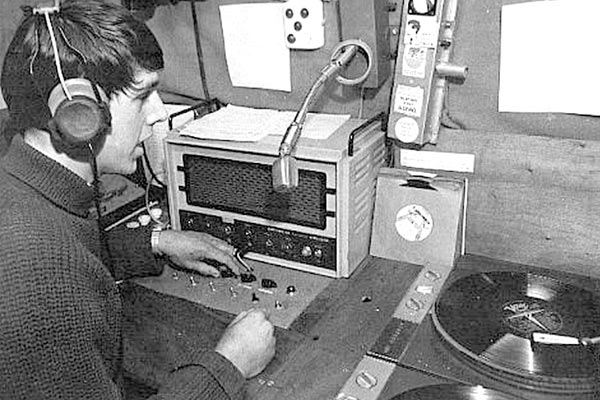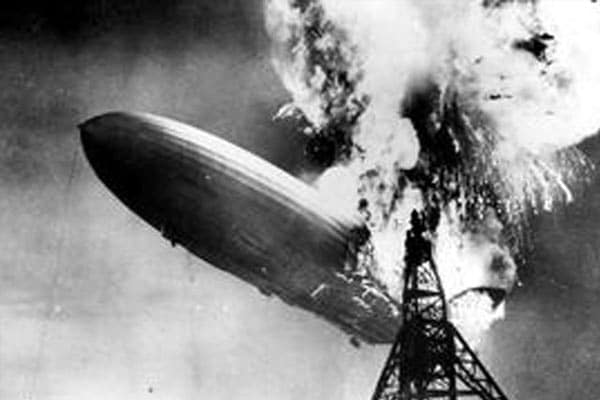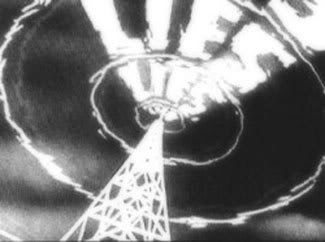We Want the Airwaves: An Investigation into Pirate and DIY Broadcasting
The following is a radio piece about the state of DIY and pirate radio broadcasting, particularly as it exists in large urban areas like NYC. It explores the history and motivations for DIY broadcasting, examines the migration of DIY broadcasters from the airwaves to the internet, and what effect the recent passage of the Local […]
We Want the Airwaves: An Investigation into Pirate and DIY Broadcasting Read More »









